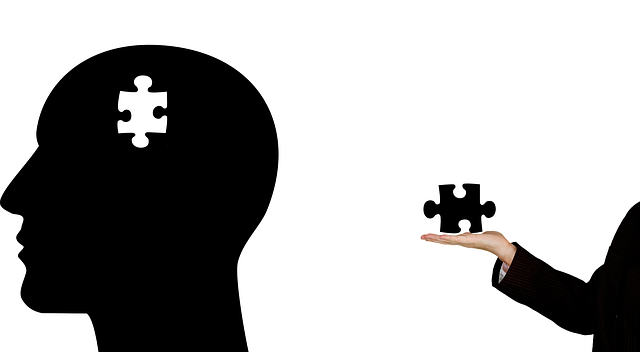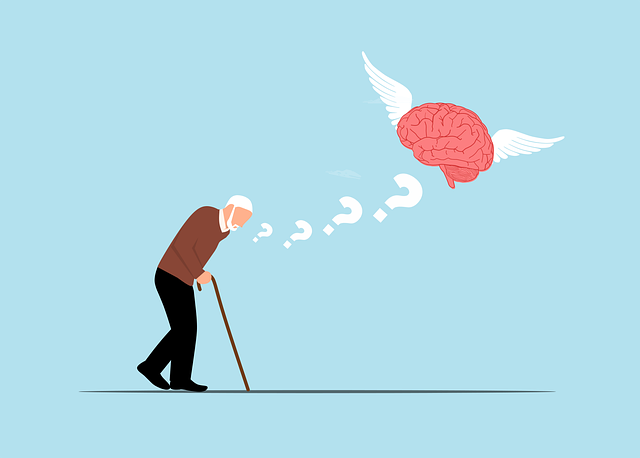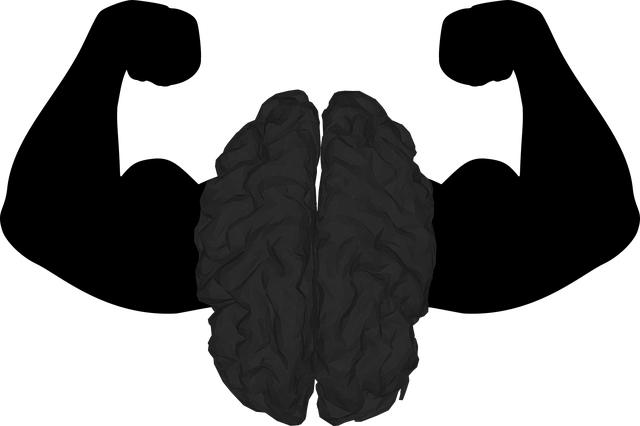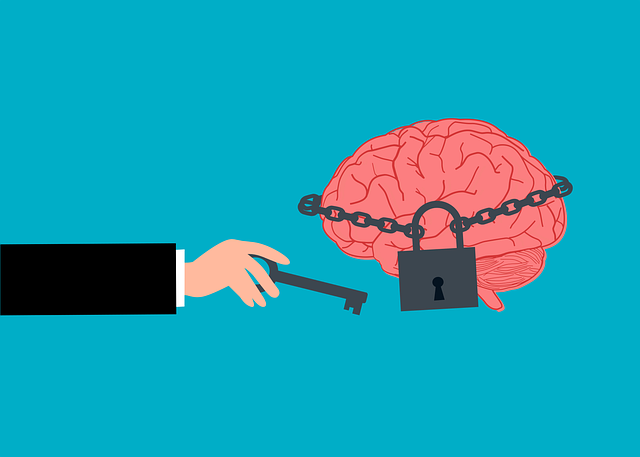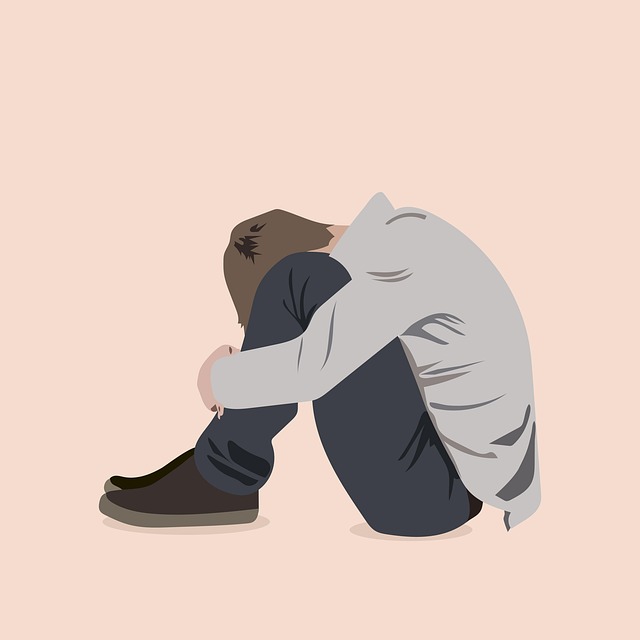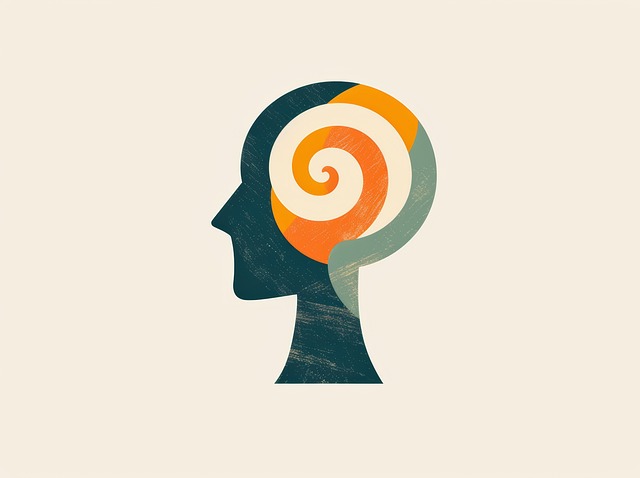Lafayette Abuse Survivors Therapy emphasizes creating a safe, supportive environment through effective communication and trauma-informed approaches. Group facilitators use active listening, empathetic responses, and confidentiality to build trust among survivors of trauma. Compassion cultivation, emotional regulation techniques (like mindfulness), and art therapy aid participants in processing emotions safely. This fosters deeper connections, community, and enhanced mental health awareness, empowering survivors with skills for emotional well-being and resilience.
Mental wellness group facilitation plays a pivotal role in supporting individuals, especially those like Lafayette abuse survivors needing therapy. This article delves into powerful techniques for facilitators aiming to create safe spaces. We explore establishing trust and connection through effective communication strategies, crucial for managing sensitive topics. Additionally, we highlight the Trauma-Informed Approach, offering a transformative framework for facilitating therapeutic groups catering to Lafayette abuse survivors.
- Establishing a Safe and Supportive Environment: Techniques to Foster Trust and Connection
- Effective Communication Strategies for Group Facilitators
- Trauma-Informed Approach: Supporting Lafayette Abuse Survivors Through Therapy Groups
Establishing a Safe and Supportive Environment: Techniques to Foster Trust and Connection

Creating a safe space is paramount when facilitating mental wellness groups, especially for survivors of trauma like those in Lafayette Abuse Survivors Therapy. Group facilitators play a crucial role in fostering an environment that encourages trust and connection among participants. Techniques such as active listening, empathetic responses, and ensuring confidentiality help individuals feel seen and heard, promoting openness and vulnerability.
Building a supportive atmosphere involves incorporating compassion cultivation practices and emotional regulation strategies. By teaching mindfulness exercises or using creative expressions like art therapy, facilitators enable members to process their emotions safely. This, in turn, enhances emotional well-being promotion techniques within the group dynamic, fostering deeper connections and a sense of community.
Effective Communication Strategies for Group Facilitators

Effective Communication Strategies for Group Facilitators play a pivotal role in fostering an inclusive and supportive environment at Lafayette Abuse Survivors Therapy sessions. These strategies are instrumental in enhancing Mental Health Awareness among participants, enabling them to share their experiences openly. By employing active listening techniques, facilitators ensure that every voice is heard without judgment, creating a safe space for vulnerability and trust. This encourages individuals to delve into their feelings and thoughts, which is essential for the healing process.
Moreover, facilitating open dialogue through clear and concise communication aids in navigating complex emotional issues. Group members learn to communicate effectively with each other, promoting empathy and understanding—crucial components of Mental Health Policy Analysis and Advocacy. The facilitators’ ability to model respectful and transparent communication enhances the overall therapeutic experience, ultimately enriching the mental wellness journey for all participants.
Trauma-Informed Approach: Supporting Lafayette Abuse Survivors Through Therapy Groups

A Trauma-Informed Approach is essential when facilitating therapy groups for Lafayette Abuse Survivors. This method recognizes and understands that trauma can impact individuals’ emotional, psychological, and social functioning, often leading to complex behaviors and challenges. By adopting this approach, facilitators create a safe and supportive environment, fostering resilience among participants.
The process involves teaching skills like emotional regulation, coping mechanisms, and enhanced self-awareness. Social Skills Training is integrated to help survivors navigate interactions with others, building inner strength and promoting positive relationships. Additionally, focusing on Resilience Building enables group members to develop the capacity to overcome hardships and adapt to challenging situations, ultimately supporting their long-term mental wellness.
Group facilitation techniques, as showcased through establishing safe spaces, employing effective communication strategies, and adopting a trauma-informed approach, play a pivotal role in supporting Lafayette abuse survivors through therapy. By fostering trust, enhancing connection, and navigating complex communications, facilitators create an environment conducive to healing. This holistic method, grounded in understanding and empathy, empowers individuals to embark on their journey towards mental wellness, ultimately revolutionizing their lives.



